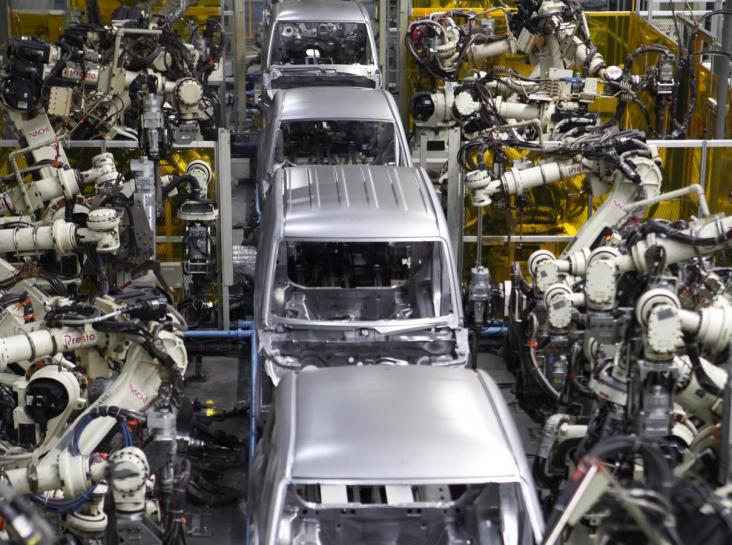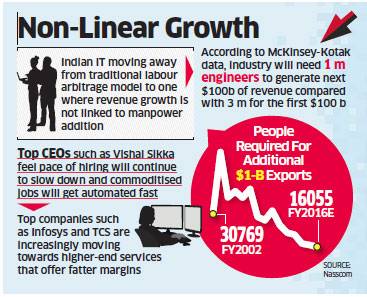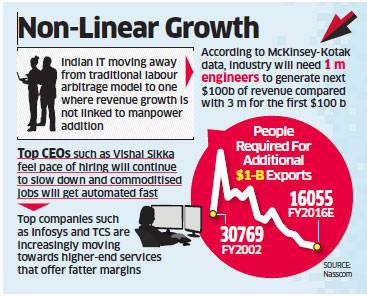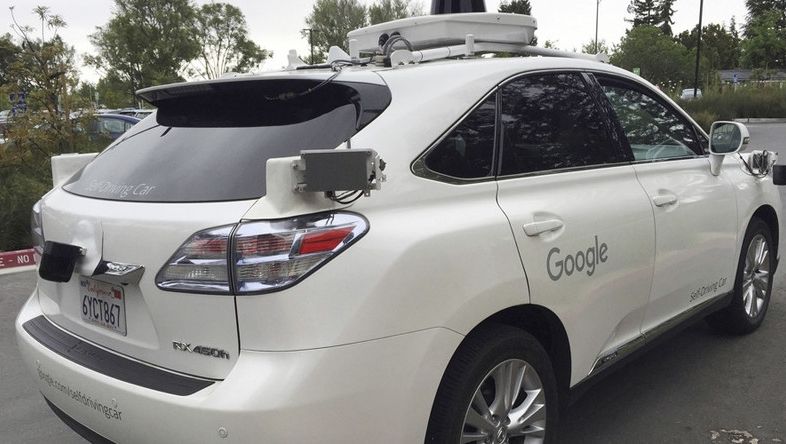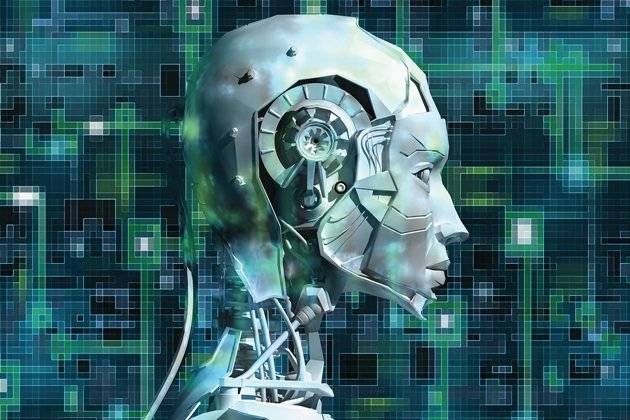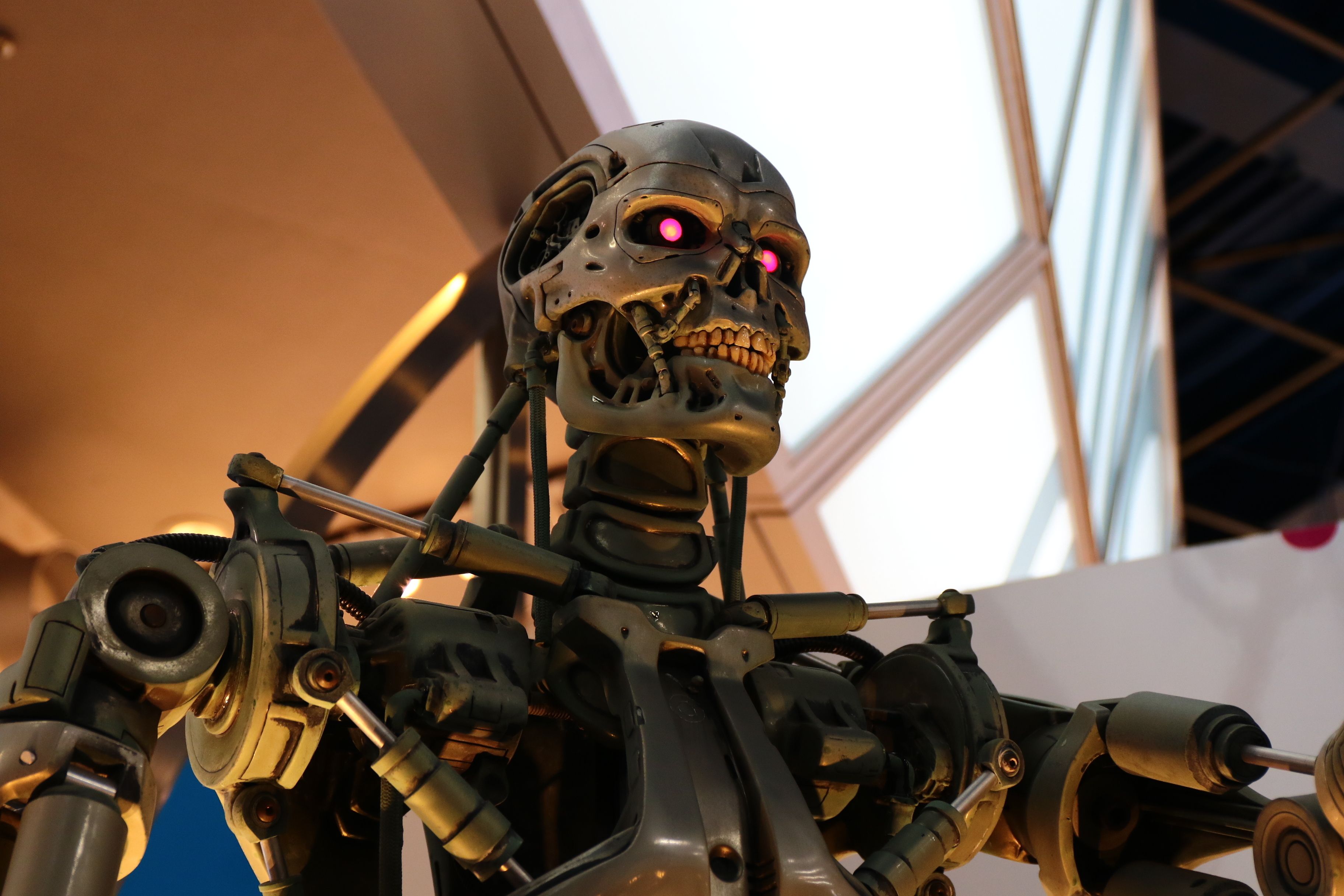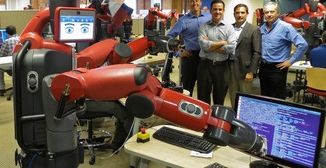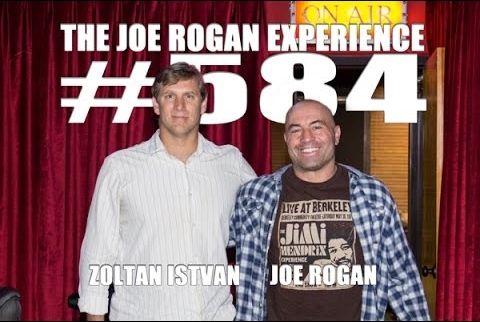My new article on how some technologies will inevitably make the government smaller:
However, there’s reason to believe that in the near future, government might dramatically shrink—not because of demands by fiscally astute Americans, but because of radical technology.
Indubitably, millions of government jobs will soon be replaced by robots. Even the US President could one day be replaced, which—strangely enough—might bring sanity to our election process.
But it’s not just robots, it’s software programs and weird new tech that will do the replacing. Consider the over 1 million firefighters, a staple part of American government that also represents the ideal of service and career to one’s country. Companies around the world are now building fireproof everything, including couches, furniture, and building materials that simply don’t burn well. And intelligent robots—which I think will be in 50 percent of American households within five years time—will all have fire and carbon monoxide detectors.
In fact, I’m certain many in-home robots will not only be loaded with numerous security alert systems (like intruder alarms, flood warnings, and the ability to detect snakes, scorpions, and spiders) but will also be able to fix problems that occur. It’s likely in just a few years time, in-home robots costing less than a $1,000 dollars will know how to put out a fire with an extinguisher, turn off a flooding bathtub, or squish a black widow.

